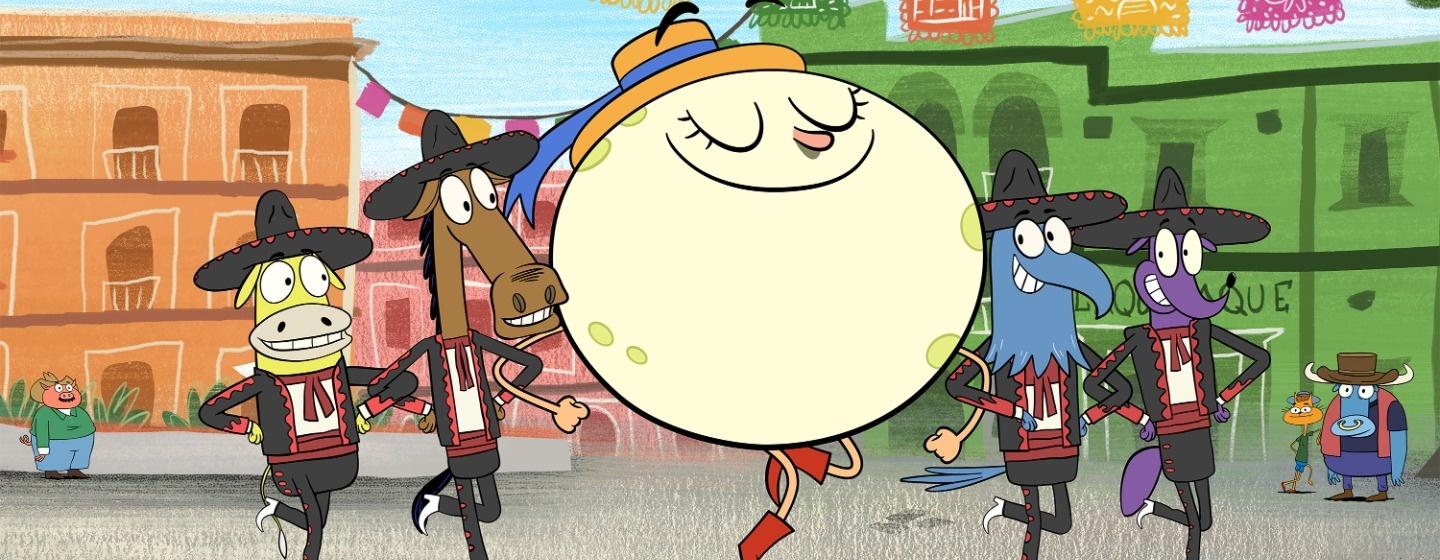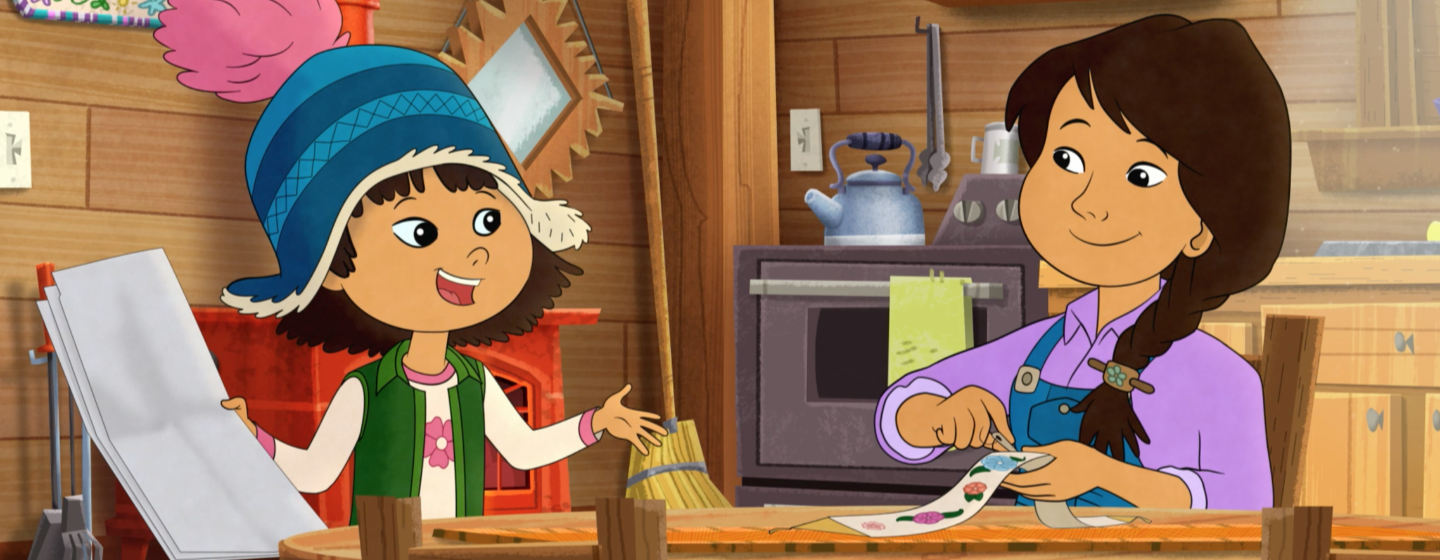
Teaching Children About Other Cultures
With help from cultural experts, LET'S GO LUNA! allows children to experience the sights, sounds, and customs of life in different cities across the globe.
PBS believes that children are a special audience with exciting potential and possibilities for learning and growth. However, children are still developing critical reasoning skills that can make them more vulnerable than adults to misleading and harmful media messages and images. As such, PBS seeks to provide children with engaging and developmentally-appropriate content, including video, interactive experiences, educational games, and audio content, that nurtures each child’s total well-being. Content must address social, emotional, cognitive, physical, and language development and also focus on major curriculum areas, including literacy, math, science, engineering, technology, arts, and social studies.
Examples of important best practices for implementing the Editorial Principles include:
All children’s content must have explicit developmentally-appropriate educational goals that are clearly incorporated into format design, character development, settings, and storylines. Dangerous, illegal, or otherwise anti-social behaviors that could impact a child’s sense of well-being, or that could be easily mimicked by a child, should be avoided (such as name-calling; bullying; rudeness and sarcasm; gratuitous physical or psychological violence; the use of hazardous household items such as razors, knives, or matches; the misuse of technology or social media; and the use of drugs, alcohol, or tobacco).
PBS provides producers with standards-aligned learning frameworks for core curriculum areas, developed with subject matter experts and child development advisors, to ensure content supports developmentally-appropriate skills and concepts. The production teams for children's content must include early childhood education advisors to ensure that all content goals are aligned with learning framework milestones. Producers should also make use of child development and early learning research and best practices throughout the production process.
PBS strives to distribute content that reflects and responds to the different environments and experiences in which children grow, live, learn, and play. The principle of inclusiveness requires producers to be sensitive and thoughtful when stories involve dimensions of identity. In addition, any insulting or demeaning stereotypes and derogatory epithets are not permitted.

With help from cultural experts, LET'S GO LUNA! allows children to experience the sights, sounds, and customs of life in different cities across the globe.

MOLLY OF DENALI is the first nationally distributed kids’ series to feature a Native American lead character. The series also includes Alaska Native voices in all aspects of the production, both on camera and behind the scenes.